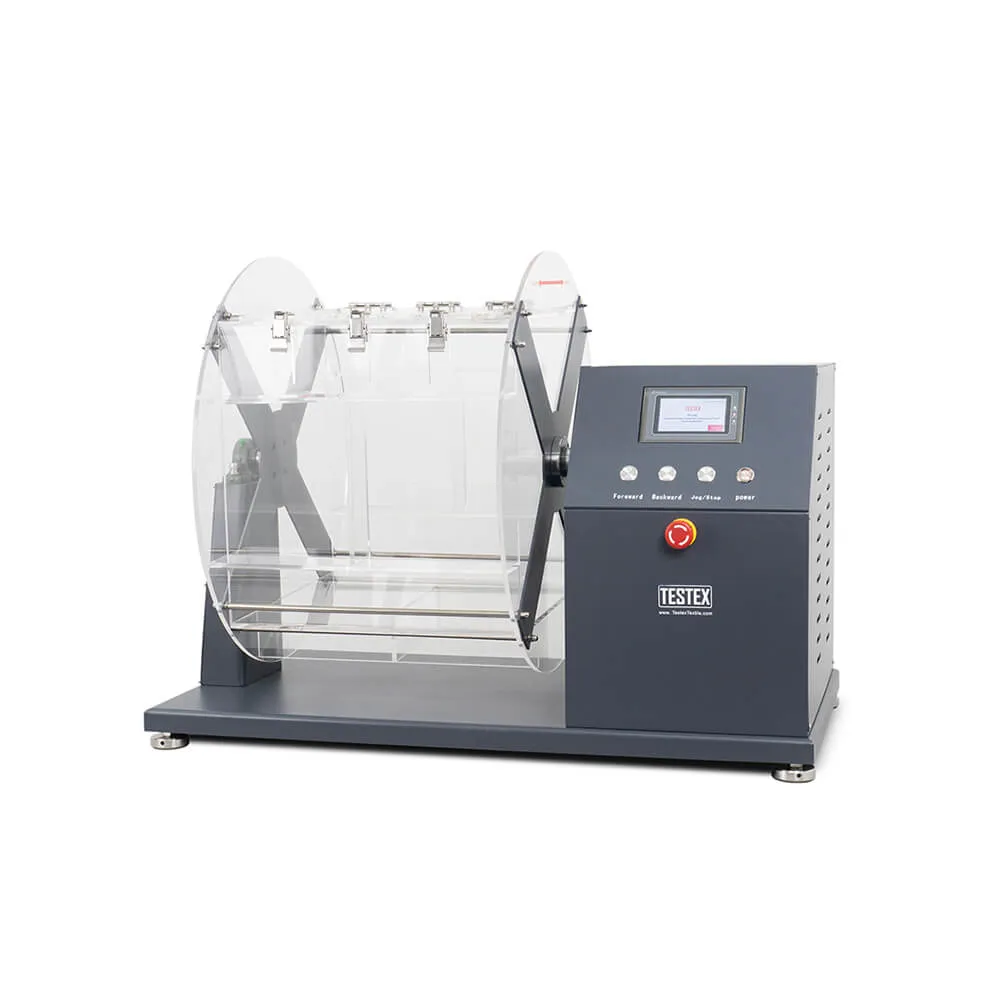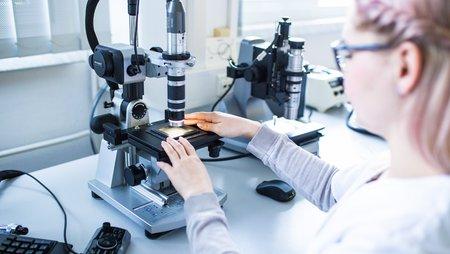Fabric Testing Lab Services in chennai
In today’s textile-driven world, fabric quality isn’t just a luxury — it’s a necessity. Whether you’re a fashion brand, home textile manufacturer, technical textile innovator, or a supplier, the integrity of your fabrics defines how your products perform, how they age, and how your customers perceive them.
Yet fabrics are complex. They are made of fibers, yarns, weaves or knits, dyeing, finishes, and multiple chemical treatments. Each stage introduces variables and potential faults: strength, colorfastness, shrinkage, pilling, chemical residues, and more. Without rigorous testing, defects might only appear in the field — after expensive returns or reputational damage.
That’s where Fabric Testing Lab Services in India – Kiyo R&D Lab enters. As you scale your textile operations or refine your product lines, you need a lab partner you can trust — one that combines technical depth, responsiveness, and a strong understanding of India’s textile and regulatory landscape.
In this blog, we’ll explore:
Let’s dive in.

Fabrics go through wear, washing, exposure, handling, sunlight, moisture, and mechanical stress. Without testing, you risk early fading, pilling, shrinkage, tearing, seam failure, or color bleed. Testing ensures your products live up to their claims — whether it’s “washable,” “durable,” or “sunproof.”
In many markets, fabrics must conform to safety and environmental standards: restricted substances (e.g. heavy metals, formaldehyde, azo dyes, phthalates), flammability norms (especially for garments, interiors, kids’ goods), Oeko‑Tex, REACH, CPSIA, ISO/ASTM standards, and national textile norms. A credible lab issues test reports that help you clear audits and export clearances.
Catching defects or deviations early in the supply chain saves money. Rather than scrapping bulk orders or handling returns, you identify issues before they escalate. Labs also help optimize material choice — e.g. trade‑off between cost and durability.
If you’re developing specialty textiles — moisture‑wicking sportswear, antimicrobial fabrics, technical textiles (geotextiles, medical textiles), smart fabrics — you’ll need advanced characterization (microstructure, thermal behavior, chemical durability). A robust lab can keep up with such demands.
A comprehensive fabric testing lab should cover physical, chemical, mechanical, and performance tests. Below is a breakdown with typical tests you’d expect.
If your product has a unique application (medical, industrial, sportswear, automotive interiors), the lab should be capable of designing or executing custom test protocols.
To be a truly competitive choice, a lab positioning itself under this banner should deliver the following:
If Kiyo R&D Lab offers all (or most) of these, it can indeed become a trusted partner for brands, manufacturers, and textile innovators in India.
Here’s a step‑by‑step guide and checklist when evaluating candidate labs:
Always request the accreditation certificate and check if your desired tests fall within the accredited scope.
Choose a lab that has prior experience in your niche—whether apparel, technical textiles, home furnishing, or medical fabrics.
Labs with an R&D mindset can better troubleshoot, innovate, and support custom protocols.
Inspect (virtually or in person) if their instruments are up to date, calibrated, and maintained. Obsolete or poorly maintained equipment can degrade reliability.
Ask for realistic lead times, capacity during peak seasons, and sample transport arrangements (especially for remote clients).
Get a detailed quotation with base test costs, preparation, environmental ageing, reporting, retests, etc. Beware of hidden add-ons.
Ask for sample reports. The best labs provide not just numbers but insight, commentary, and guidance. Also check if engineers are available for follow-up queries.
For proprietary products or novel textiles, ensure the lab can sign NDAs and provide secure sample handling.
A lab with multiple centers or tie-ups can often serve clients better across India with logistical flexibility.
Understanding the broader context helps you anticipate challenges and leverage opportunities.
India is a global textile hub. With exports to markets like EU, US, and Asia, quality and compliance demands are rising. This fuels demand for advanced fabric testing.
Eco‑friendly and recycled fabrics, biodegradable fibers, and zero‑waste processes are gaining ground. These require new, more stringent test protocols, e.g. microplastic shedding, degradation, recyclability.
Consumers and regulatory bodies now scrutinize chemical safety, banned substances, supply chain sustainability, and “green claims.” Labs must keep up.
Though central bodies like Textiles Committee run 17 testing labs across India (many accredited) Textiles Committee, private labs are often clustered in textile hubs. Some regions may lack advanced facilities, leading to longer lead times.
To stay competitive, labs partner with textile institutes, universities, and technology innovation centers to develop new testing frameworks and co‑innovation.
To remain viable for clients, labs must streamline workflows, adopt automation, and invest in high throughput instrumentation.
Let me illustrate with concrete scenarios to show how a lab like Fabric Testing Lab Services in India – Kiyo R&D Lab can deliver value.
You develop a new blend or finish (e.g. anti‑odor, UV protective). Before mass production, you send fabric samples for mechanical, colorfastness, and chemical tests. The lab flags a weakness in abrasion or finish durability. You refine before big investment.
During production, you batch test fabrics from suppliers for strength, color consistency, shrinkage. If something deviates, you quarantine lots and trace the supplier source.
You want to export to EU/US or sell to a global fashion brand. Fabric must satisfy OEKO‑TEX, REACH, CPSIA, or import regulations. The lab provides accredited test reports to support audits and regulatory clearances.
If a fabric in product fails in market (e.g. color bleed, seam tear), you send failed and reference samples to the lab. Through forensic testing (microscopy, spectral analysis, mechanical re‑testing), you identify root cause (faulty dye, substandard yarn, finishing error) and correct the production process.
Before approving a new textile supplier, you contract number of test runs on sample fabrics. This ensures materials meet your specs and reduces risk in scaling.
Key Benefits Summary:

In the intricate and evolving world of textiles, Fabric Testing Lab Services in India – Kiyo R&D Lab can act as more than just a service provider — it can be your strategic partner. From verifying product claims to supporting R&D, from export compliance to root cause analysis, a capable lab empowers textile businesses to innovate confidently, reduce risk, and build trust.
When choosing a lab, focus on accreditation, technical capability, domain expertise, turnaround time, reporting quality, and flexibility. A lab that invests in you — not just the sample — is the kind of partner that will help you grow continually.
For quotation or visit